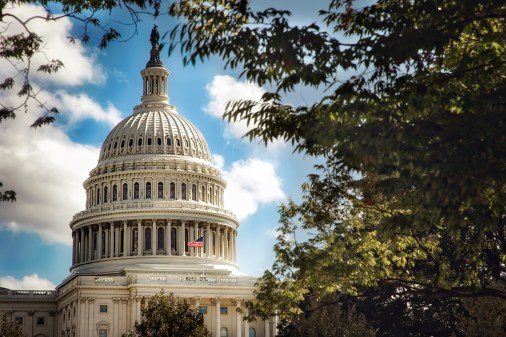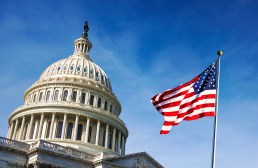House lawmakers draft ‘innovation box’ bill to stimulate domestic tech
House members are calling for the U.S. to open the doors to innovation.
Reps. Charles Boustany, R-La., and Richard Neal, D-Mass., on Wednesday released a draft of a long-awaited “innovation box” bill that would cut taxes on income derived from intellectual property, a move that they say will encourage multinational companies in the tech sector to move their business to the U.S.
High tax rates — which can reach up to 35 percent for corporations in the U.S. — have become prohibitive for multinational companies looking to maximize profits, the draft bill’s advocates say. A 2013 report by research group Citizens for Tax Justice estimated that 18 large American companies, such as Nike, Apple and Microsoft, had shored up funds in overseas headquarters to avoid domestic tax rates.
Rather than punishing these companies, the duo hopes to woo them back to U.S. soil with a profitable framework for innovation.
“Our tax code has erected barriers for innovators, forcing them to move overseas to create these exciting new products that are changing the way we live and work every day,” Boustany said in a statement. “We want that activity here in the United States.”
Neal likened U.S. tax codes to “a rotary phone in a smartphone world,” saying that lack of reform is stagnating America’s reputation.
“America leads the world in innovation and R&D … However, our grip on this title is slipping … To continue our leadership around the globe, we must be doing much more to incentivize companies to locate in America, and create jobs in America.”
The bill would decrease corporate taxes from 35 to 10 percent for all profits gleaned from intellectual property. Patents, designs, software and inventions fall under this umbrella, and the bill stipulates that companies could move these properties freely to the U.S. without paying additional transfer taxes.
The innovation box concept is not a new one — in past years, the U.K., China, Ireland and the Netherlands have rolled out comparable incentives. Proponents of the bill — including House Ways and Means Committee Chairman Paul Ryan, R-Wis., who said it “can help us stem the tide and protect good American jobs” — insist that the U.S. needs to take action quickly to keep pace.
Those in opposition cite massive costs — billions of dollars in tax breaks are estimated if the bill is passed.
But without it, Neal warned, the U.S. will not be able to “attract and retain the brightest minds and best ideas on Earth.”






